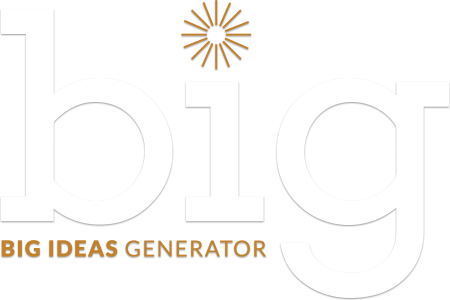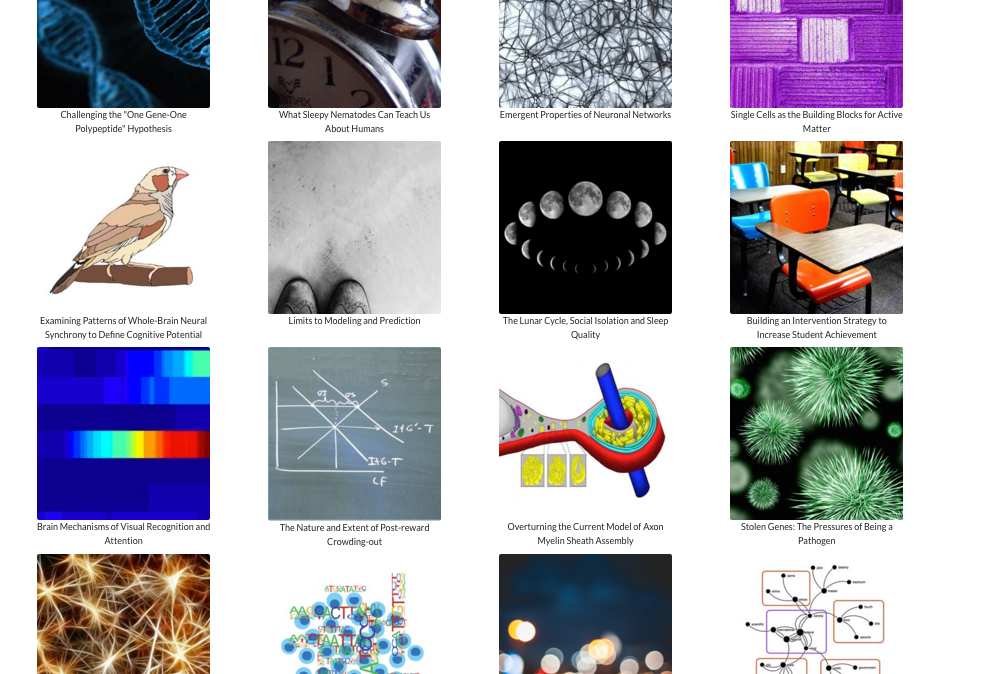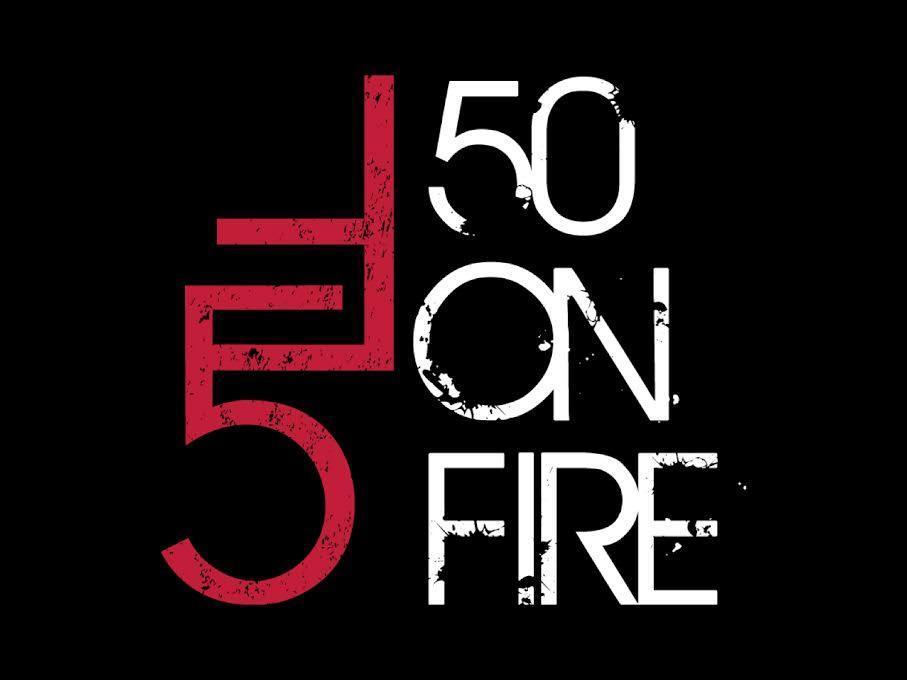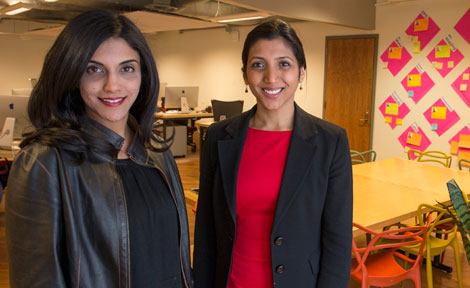BIG Vision ($100K): BIG Vision winners from Winter 2015 include a new collaboration between a neuroscientist Sara Szuchet and chemists Ka Yee Lee and Gregory Voth to study a novel theory for myelin sheath formation mechanism – a discovery that will upend a 50 year old paradigm in neuroscience.
Two projects will take bold steps in integrating massive patterns of neural activity from various brain sites in guiding complex behavior - a major improvement over the current framework of studying isolated loci of brain activity and modeling their links to behavior. Neuroscientist David Freedman will create an integrated framework for analyzing brain activity between anatomically connected areas of the brain. Nicho Hatsopolous (Organismal Biology and Anatomy) will explore a novel tool – optical imaging – to study real-time interplay between large-scale spatiotemporal patterns of neural activity and unconstrained complex behaviors in marmosets.
The final Vision recipients are Howard Shuman (Microbiology) and Linda Amaral-Zetler (Marine Biological Laboratory) - they put forth a novel fundamental model of pathogen emergence called “The Stolen Gene” model. This model argues that pathogens continuously acquire novel genes horizontally (from hosts) that are subsequently modified by selection to serve as virulence genes.
Besides funding ($100K), these projects will receive custom support from research strategists from Arete for the next two years to establish these projects as major research agendas.
BIG Seed: BIG Seed winners receive smaller grants ($15K) to explore or validate the scientific potential of nascent projects. Oleg Urminsky from Booth School of Business will advance a discovery that external rewards do not “crowd out” intrinsic motivation in the long term (challenging a long-standing finding in psychology). John Goldsmith (Linguistics) will develop a shared computational algorithm for different aspects of language learning (words, word-internal structure, and grammar). Leslie Kay (Psychology) will explore the role of higher order brain areas in shaping the analysis of sensory input.
BIG is dedicated to launching ambitious early-stage basic research projects for UChicago faculty.











